What if the guns fell silent? How peace could transform countries' futures

What would happen if the guns were silenced and violence suddenly stopped?
To mark the International Day of Peace, we posed that question to WFP country directors in Ukraine, Haiti and the Democratic Republic of the Congo – three nations where unrest has deepened hunger and smashed lives and futures.
Here are their thoughts about the paybacks of peace.
UKRAINE: WFP Country Director Matthew Hollingworth
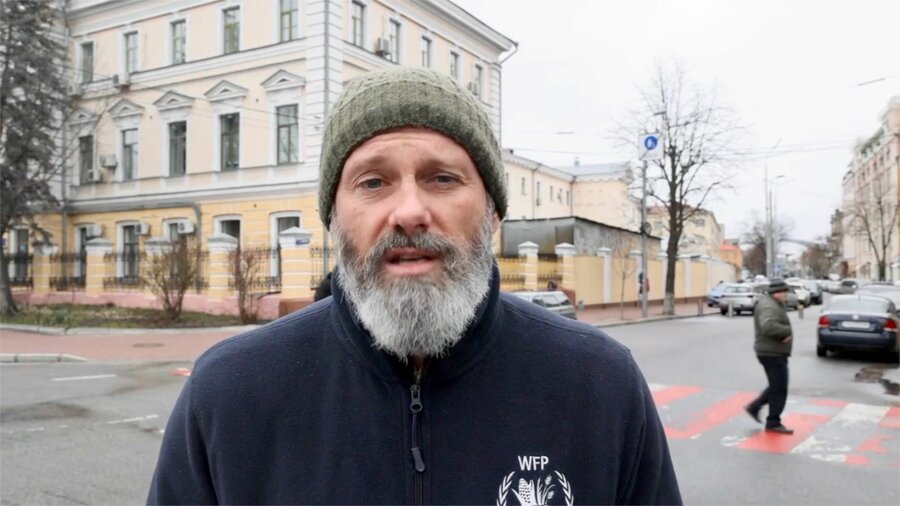
The devastation wrought by 19 months of war in Ukraine is unfathomable.
Millions of people have had to leave their homes, their jobs and their farms. Entire towns and villages have been razed, and miles upon miles of fertile land have been ravaged and mined. Innocent women and men are regularly killed or injured while shopping for food or collecting humanitarian aid.
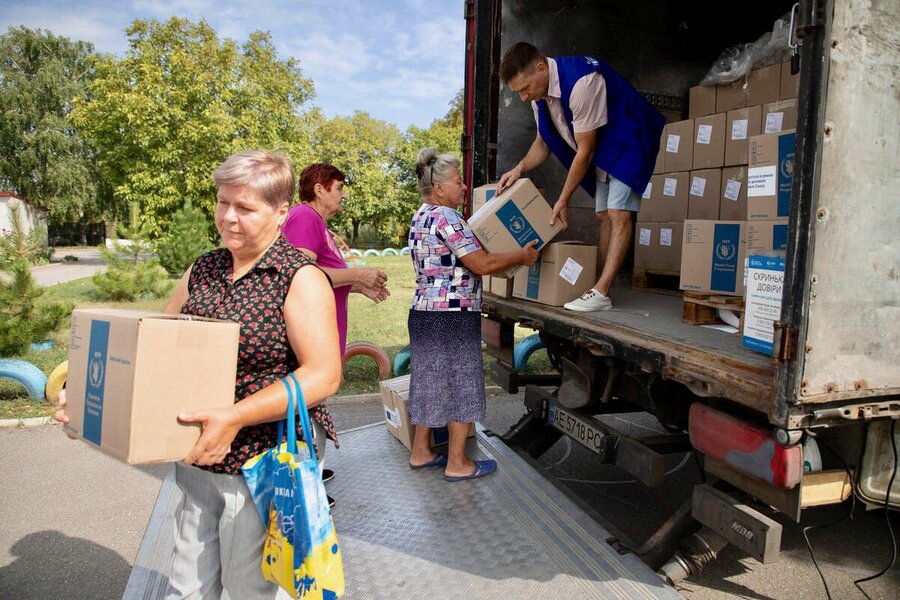
Imagine life without the threat of air strikes. Children learning in schools without the constant disruption of air-raid alarms. Imagine shopping for food without risking your life. Imagine farming your land without the fear of stepping on a mine.

Peace, ultimately, is the only way. But until there’s peace, we will continue supporting Ukrainian families for as long as needed.
HAITI: WFP County Director Jean-Martin Bauer
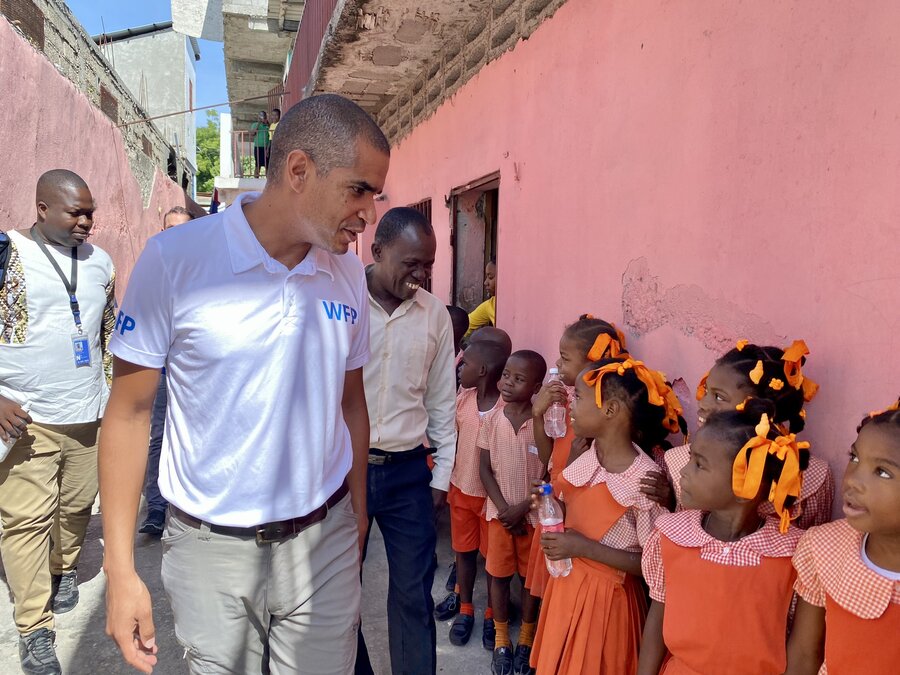
I imagine a contagious smile if peace returns to Haiti.
Haitians are deeply attached to their families. With peace, those who are separated by the violence would gather together once again. They would courageously start rebuilding looted and destroyed homes. Everyone would work together.
With 4.35 million Haitians suffering from food insecurity, farmers in rural areas who had fled their land because of the gangs would return to their homesteads. They would enthusiastically cultivate everything that could be harvested, as quickly as possible. They would distribute their produce to the inhabitants of impoverished urban centres, such as Cité Soleil in the capital Port-au-Prince.

Blocked roads would reopen, and products would circulate freely. Rice grown largely in the (northwestern) Artibonite department, cashew nuts from the North department, and fish from the coastal areas would be sold across the country.
All the children would go back to school. Girls who are now kept close to home for their safety would be free to return to class. Boys would no longer be lured by the easy life in the street. Gangsters would no longer be seen as role models in the community.
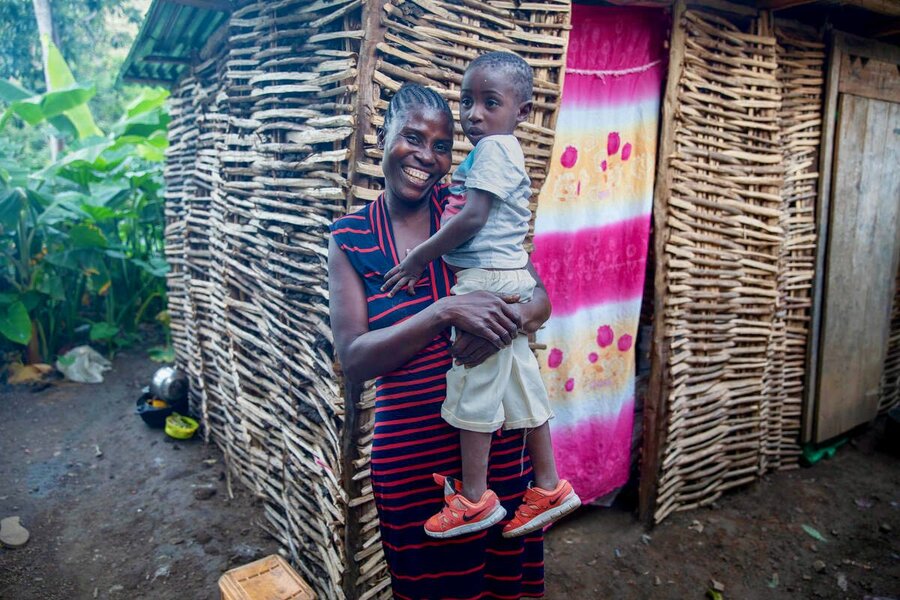
I would see the sparkling eyes of the madan sara, or female street sellers, who rise at dawn. They would sit on lorries stacked with foodstuffs, singing the rhythm of life. These hardworking market ladies would provide food for the country and earn money to send their children to school.
When visitors arrive on our shores, the characteristically warm welcome of Haitians would ring out once again. Life would have a fresh start.
DRC: WFP Country Director Peter Musoko
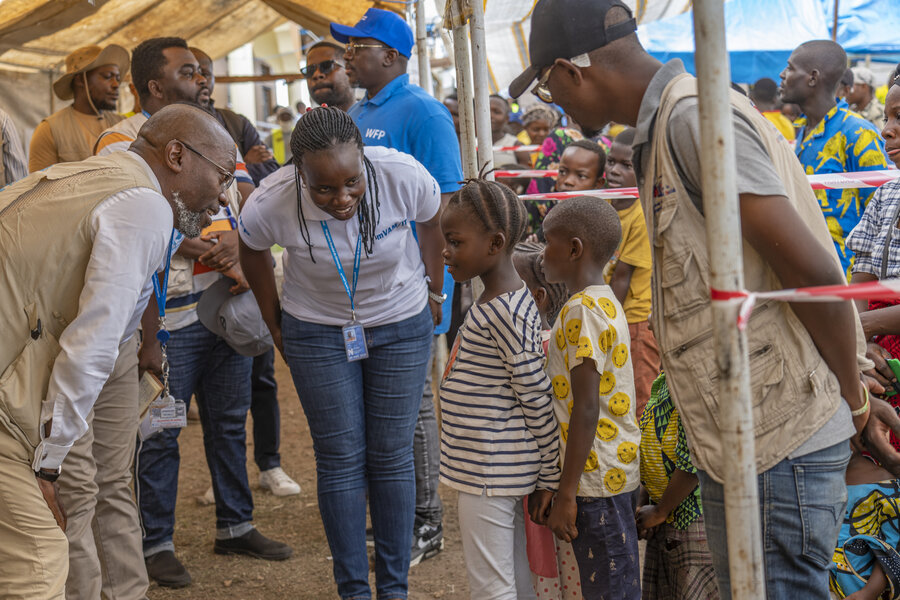
Peace in eastern Democratic Republic of the Congo will allow people to return home. The Congolese deserve peace: the right to farm, for children to go safely to school and for mothers to earn an income without fear of violence.
The ongoing conflict in DRC’s east has wrenched 5.6 million people from their homes. This is a country exceptionally rich in natural resources and human potential, and critical to the world’s climate change goals and future energy transition. Yet despite this, many Congolese are being left behind – especially young people.
I recently met Merveille Batumike, a student in development economics, who shared her vision of a future without violence.
“I hope one day, we'll be able to live in peace like other countries,” she told me. “That we will be able to sleep without fear, and that we won’t wake up in the morning simply hoping to survive the day.
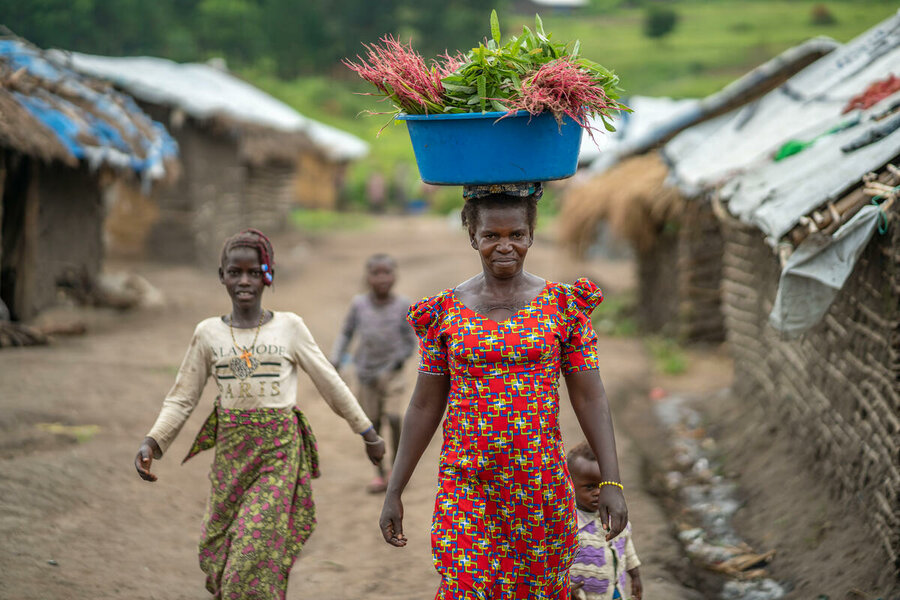
"We all face insecurity, whether it is in the village or even in the town,” she added. “And if there’s peace, I think everything will be better because there are certain activities we simply can't do because of the unrest.”
I appeal to the international community: please do not forget eastern DRC. The scale of suffering is immense and well beyond what humanitarians alone can address. Congolese deserve not only a life without violence but also a life without hunger – for themselves and their children.
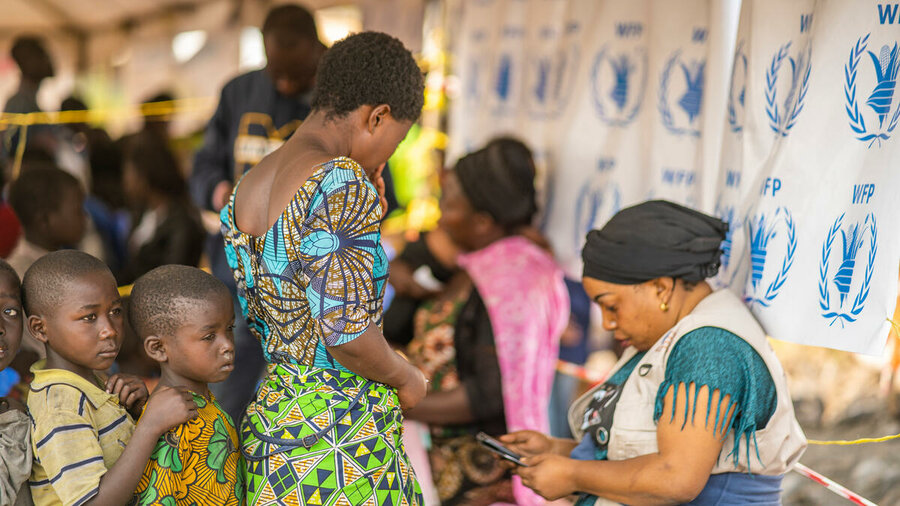
But today, funding falls woefully short of meeting even the most fundamental life-saving requirements – rolling back what fragile gains WFP and other humanitarians have made. It can also help to fuel a very explosive and dangerous situation that puts everyone at risk, especially women and children. It further compromises the safety and very future of Congolese, who are already living on the edge.
